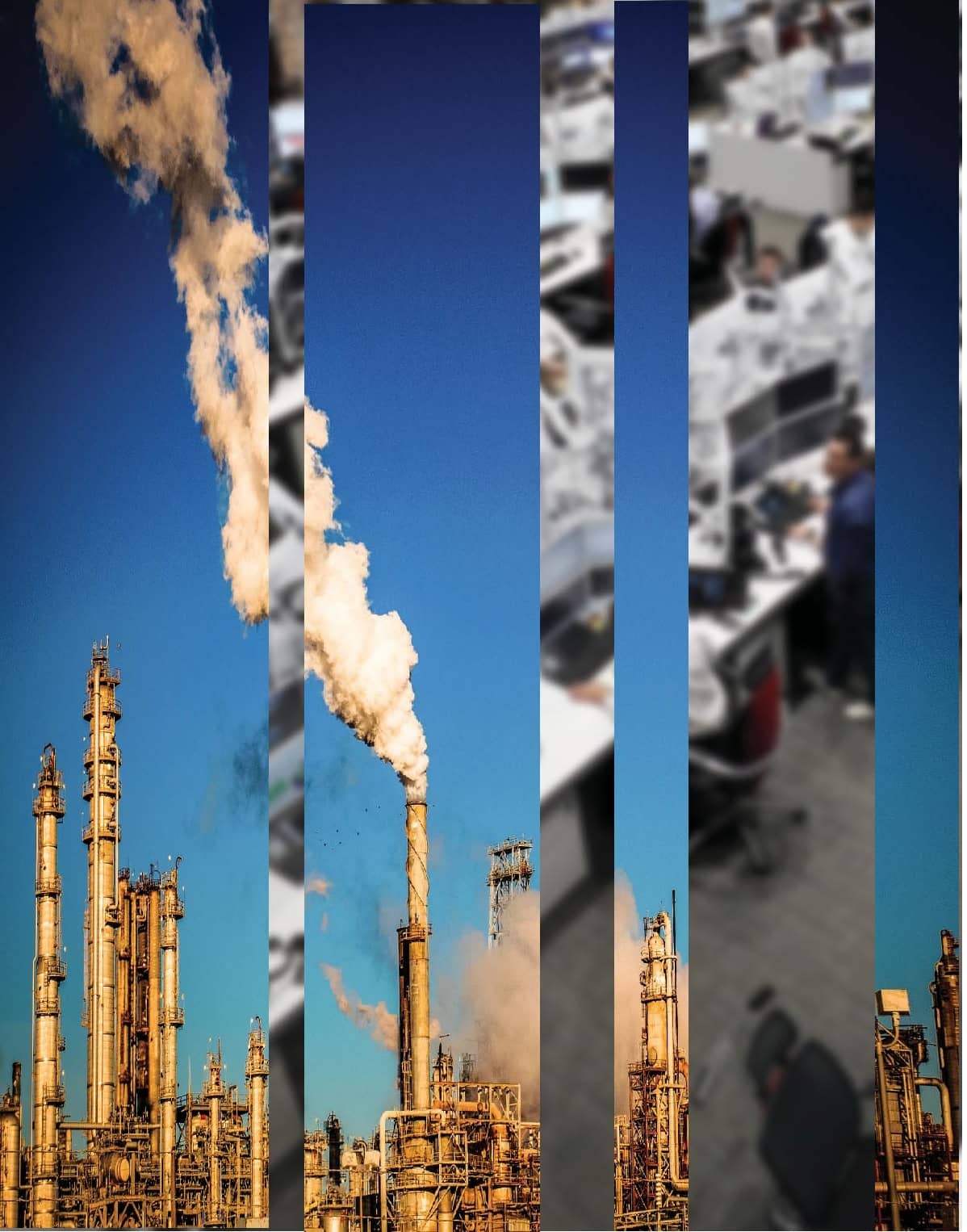
It was a bleak moment for the oil industry. U.S. shale companies were failing by the dozen. Petrostates were on the brink of bankruptcy. Texas roughnecks and Kuwaiti princes alike had watched helplessly for months as the commodity that was their lifeblood tumbled to prices that had until recently seemed unthinkable. Below $50 a barrel, then below $40, then below $30.
But inside the central London headquarters of one of the world’s largest oil companies, there was an air of calm. It was January 2016. Bob Dudley had been at the helm of BP Plc for six years. He ought to have had as much reason to panic as anyone in the rest of his industry. The unflashy American had been predicting lower prices for months. He was being proved right, though that was hardly a reason to celebrate.
Unlike most of his peers, Dudley was no passive observer. At the heart of BP, far removed from the sprawling network of oil fields, refineries, and service stations that the company is known for, sits a vast trading unit, combining the logistical prowess of an air traffic control center with the master-of-the-universe swagger of a macro hedge fund. And, unknown to all but a few company insiders, BP’s traders had spotted, in the teeth of the oil price collapse, an opportunity.
Over the course of 2015, Dudley had acquired a reputation as the oil industry’s Cassandra. Oil prices had been under pressure ever since Saudi Arabia launched a price war against U.S. shale producers a year earlier. When crude prices started falling, he confidently predicted they would remain “lower for longer.” A few months later, he went further. Oil prices, he said, were due to stay “lower for even longer.”
This story is from the {{IssueName}} edition of {{MagazineName}}.
Start your 7-day Magzter GOLD free trial to access thousands of curated premium stories, and 9,000+ magazines and newspapers.
Already a subscriber ? Sign In
This story is from the {{IssueName}} edition of {{MagazineName}}.
Start your 7-day Magzter GOLD free trial to access thousands of curated premium stories, and 9,000+ magazines and newspapers.
Already a subscriber? Sign In
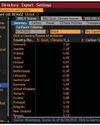
See Which Countries Are Falling Behind On Climate Change
Under the Paris Agreement, 190 countries and the European Union pledged to take steps to hold the global temperature rise to less than 2C (3.6F) from preindustrial levels—and preferably 1.5C.
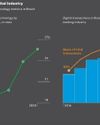
Billionaires Vie for the Future of Brazilian Finance
An escalating battle between two billionaires is upending the financial community in São Paulo, Latin America’s wealthiest city.

Ford Foundation's Darren Walker: ‘We Have to Get Uncomfortable'
DARREN WALKER, 62, disrupted his Wall Street life more than 25 years ago when he left what is now UBS Group AG to volunteer at a school and eventually pursue a career in community development and philanthropy. Since 2013 he’s been at the pinnacle of the philanthropic world as president of the Ford Foundation, created by the family of automaker Henry Ford during the Great Depression to advance human welfare.

Fueling the Ener Transition
I MAY BE BIASED, but some of the most important research and data on the Bloomberg terminal lies in one of its lesser-known functions: {BNEF }
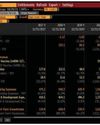
Dig Into Analysts' Estimates for Disruptive Companies
THE PANDEMIC ERA generated a whole wave of disruptive companies as it accelerated the introduction of new products and services in areas including artificial intelligence, digitization, electronic payments, online meeting platforms, and virtual currencies.
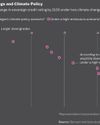
Climate Risks Come for Sovereign Credit
FOR YEARS climate scientists have warned about the ferocious wildfires and hurricanes that are now overwhelming many communities. Today alarms are ringing about a related financial danger: risks lurking within government bonds, the biggest part of the global debt market.

Responsible-Investing Pioneer Lydenberg Says ESG Needs An Upgrade
STEVE LYDENBERG’S passion for social change was inspired by anti-Vietnam War demonstrations, consumer boycotts, and the movement to divest from apartheid South Africa. But he didn’t take to the streets. Instead, Lydenberg turned to the world of finance to help catalyze societal change.

Engine No. 1's Grancio: ‘People Will Appreciate an Economic Argument'
ENGINE NO. 1 sent shock waves across corporate America in May when the fledgling investment firm won a boardroom battle with Exxon Mobil Corp., securing three seats on the oil and gas giant’s board after purchasing only about $40 million of its stock.
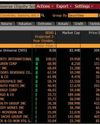
Find Out Which Companies May Ramp Up Payouts After Covid
AS THE PANDEMIC DISRUPTED business last year, many companies cut or suspended dividends. Which will boost their payouts when economies pick up again?
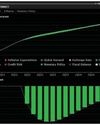
Get Into the Minds of Central Bankers as They Navigate Shocks
HAVE YOU EVER WONDERED how central bankers forecast the impact of shocks on the economy?